Browse through the home improvement TV channels at night and you’ll see there is no shortage of ‘flippers’ and residential property investors in the industry (scripted or not.) Anybody with good credit and who is handy with a hammer could essentially buy a house, fix it up, and rent it out for a nice income property. How many of those people would have the intestinal fortitude however to do that with a commercial property?
Although technically the same industry, residential and commercial property investing are two very different animals. Owning commercial property is generally seen as requiring more work and more risk. Of course the reason people delve into commercial investing is more reward as well. So what are the biggest leaps associated with jumping from residential investing into commercial property ownership?
Knowing the Type of Property in Which to Invest
Commercial real estate investing as a whole has the benefit of offering a stable, long term return on your purchase. That being said, it’s also wise to invest in a building or industry you’re familiar with. For example there are a wide variety of tenant options at your fingertips whether it be a retail space, restaurant, manufacturing & industry, office spaces, etc.
Determine Your Return on Investment and Long Term Goals
This situation is very similar to residential investing in deciding whether you want to buy low and rebuild or purchase a commercial property that is ready to earn money from day one. Renovating a commercial building involves a lot more codes and much different work than a residential remodeling. You need to investigate market trends to know what your potential revenue, or rent will be to help you make those decisions.
Finding Commercial Allies
In order to be successful getting started in commercial property investing you need to have two key allies – a commercial realtor and a commercial contractor. When both of these parties are working for your common goal the entry into the market will be a much more seamless process. Knowledge of locations, costs, and legalities is key from your realtor and having the ability to physically get your building ready to rent is your contractor’s top goal.
Dealing With Existing Tenants
When you first invest in commercial property, on the surface it may seem easier to keep tenants rather than find them. That being said, dealing with ‘grandfathered in’ tenants can be a bigger headache all in itself. Ironically, deadbeat tenants are the reason you were able to purchase your property so inexpensive to begin with but when they don’t pay, you don’t get revenue. Like most new head coach hires in sports will tell you, sometimes it’s just easier to clean house and start new.
Despite all the obstacles, finding success in commercial property investing is very possible even with limited experience going in. Check out our podcast with George Levy, a first time investor who went into the industry largely blind and came out with 20/20 commercial property vision.


